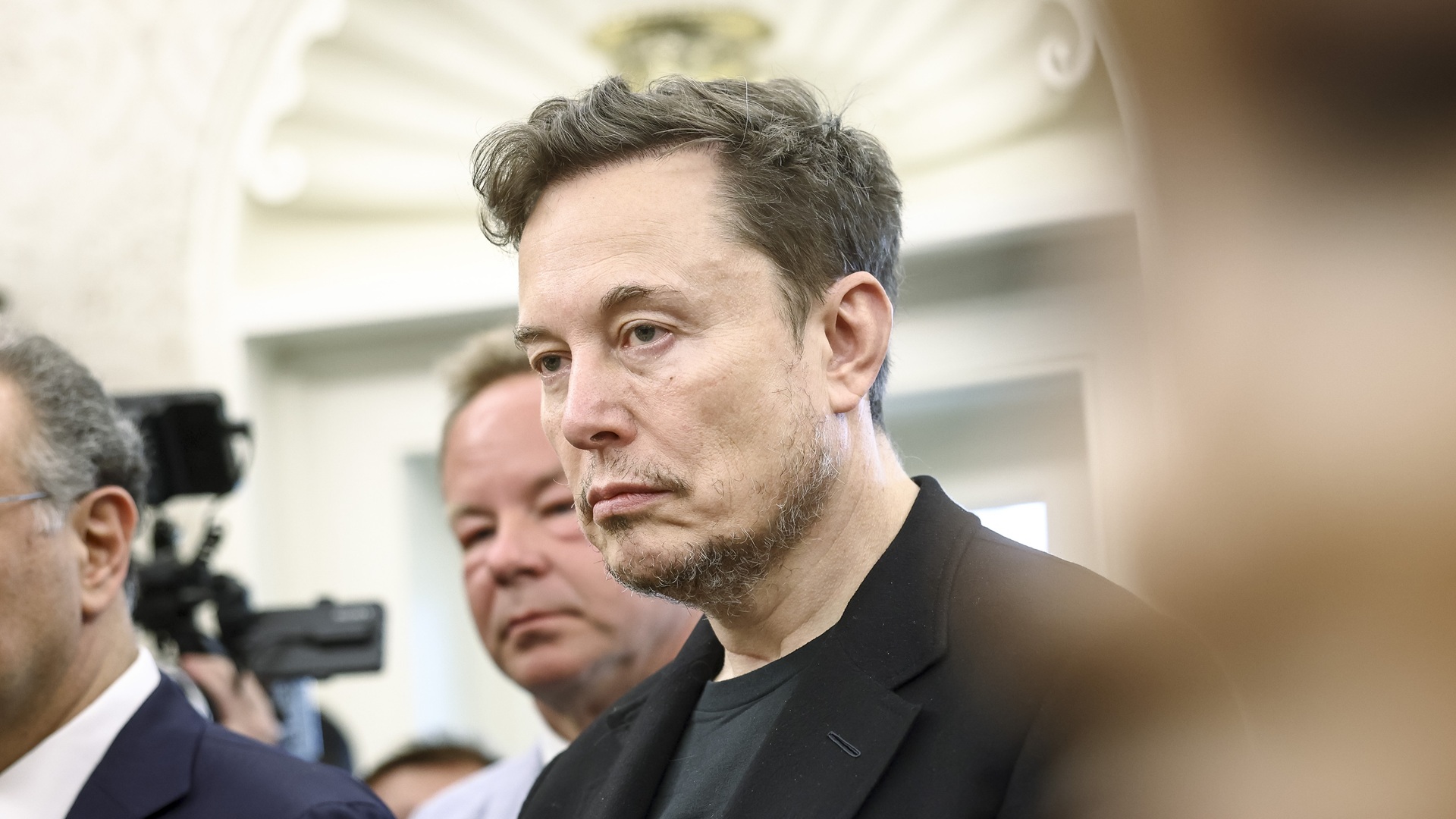T4K3.news
Potential Tax Reforms for Billionaires Announced
Discussion opens on taxing billionaires similarly to upper middle class rates to raise revenue.

This analysis explores the implications of taxing billionaires at the same rate as the upper middle class.
Taxing Billionaires Like the Middle Class Makes Sense
If billionaires were taxed like upper middle class earners, the government could potentially gain hundreds of billions more each year. Currently, billionaires often pay an effective tax rate around 8% while upper middle class households with incomes around $250,000 pay about 20% to 24%. This discrepancy exists because most billionaires accumulate wealth through capital gains rather than traditional salaries, thus circumventing higher tax liabilities on their wealth until they sell assets. Taxing billionaires similarly could raise significant revenue for crucial public services such as infrastructure and healthcare while addressing wealth inequality in America.
Key Takeaways
"It would level the playing field and raise a ton of revenue that could be used for things like infrastructure, education or healthcare."
Comment on the potential benefits of higher taxes on billionaires.
"Wealth inequality is rooted in more than just taxes. Wages, education access, housing costs all play a role."
Highlighting that taxation alone won't resolve wealth disparity.
"Billionaire wealth is often tied up in assets and not as liquid as it seems, making taxes harder to enforce."
Emphasizing the complexities in taxing wealthy individuals effectively.
"Policies need to be fair, enforceable, and politically feasible for tax reform to work effectively."
On the importance of realistic policy design for wealth taxation.
Taxing billionaires at rates comparable to those experienced by upper middle class workers is viewed by many as a way to enhance the fairness of the tax system. While it could generate substantial revenue, critics argue that wealth inequality requires a more comprehensive approach than simply adjusting tax brackets. To genuinely reform the system, solutions must address underlying economic factors, not just tax policy. While some proposals suggest a minimum tax or closing loopholes, these measures can be challenging to implement due to the complex and entrenched interests of the wealthy. Political will will be crucial for any meaningful reforms that could alter the financial landscape permanently.
Highlights
- Wealth should contribute fairly, not just accumulate unpaid.
- Taxing wealth could curb the hoarding of dynastic fortunes.
- Tax reform needs political will to shift the existing balance.
- A fair tax system shows the wealthy aren't above the law.
Potential Challenges in Tax Reform
Implementing taxes on billionaires comparable to middle-class rates could face political resistance and loophole exploitation, complicating enforcement.
Finding a balance between fairness and feasibility is key to tax reform.
Enjoyed this? Let your friends know!
Related News

Reeves announces major deregulation to promote economic growth

John Fredriksen sells London mansion amid tax disputes

UK borrowing exceeds £20bn in June

Government promotes new measures for hospitality industry

Reeves announces new plans to deregulate UK economy

Ray Dalio warns UK may be trapped in debt cycle
Roy Cooper announces Senate run for 2026

Trump announces $1,000 accounts for newborns
